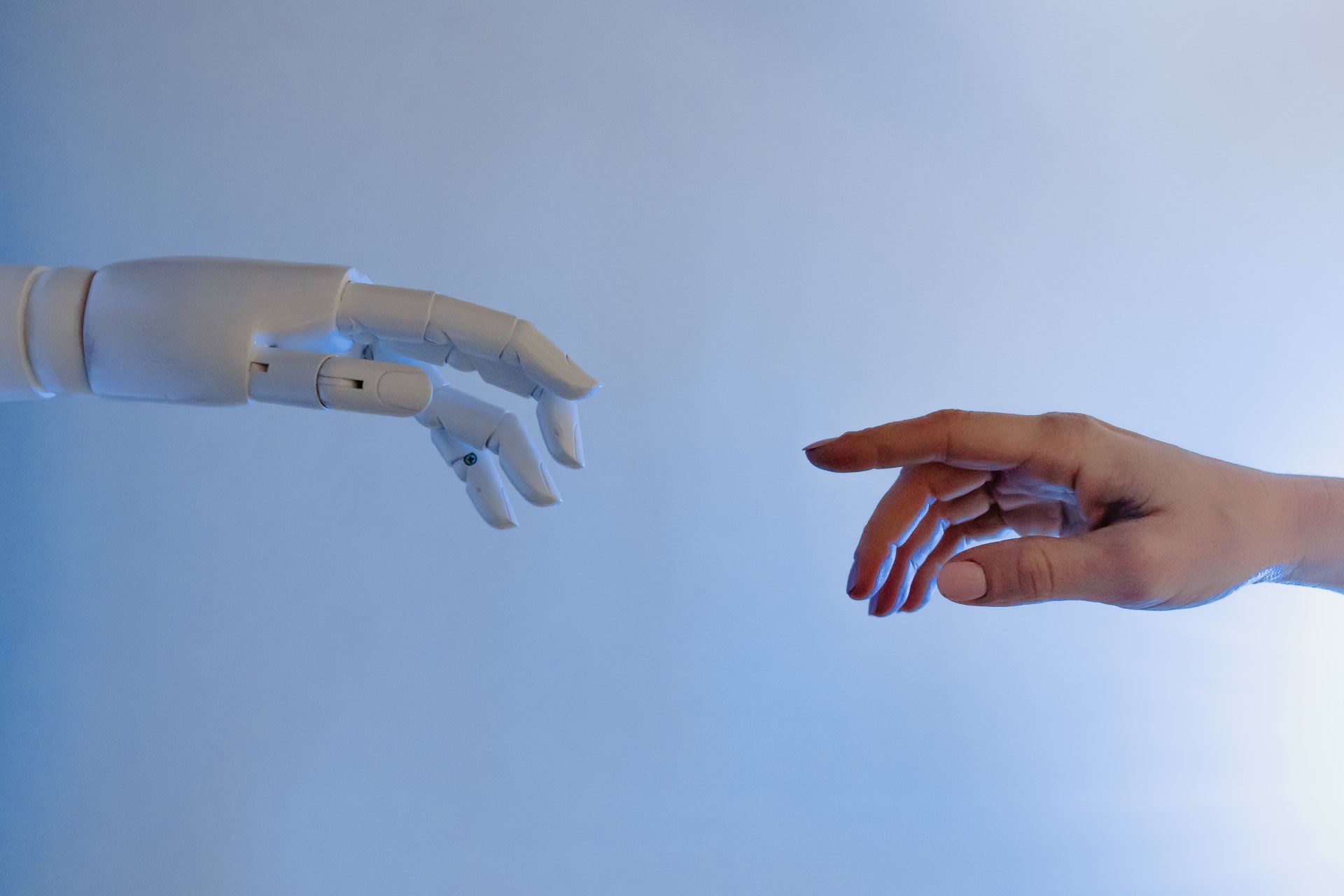Businesses are constantly seeking ways to enhance efficiency, reduce operational costs, and optimize their workflows. One powerful solution that has gained significant traction is the integration of Artificial Intelligence (AI) and workflow automation. By combining these two innovative technologies, organizations can achieve remarkable improvements in productivity, accuracy, and overall performance.
The Power of AI in Process Optimization
Artificial Intelligence has evolved far beyond its science fiction origins to become a practical tool that's revolutionizing various industries. AI's ability to analyze vast amounts of data, recognize patterns, and make intelligent decisions has proven invaluable in streamlining processes. Here's how AI can make a substantial impact:
1. Predictive Analytics: AI algorithms can analyze historical data to predict future trends, enabling businesses to make informed decisions and anticipate changes in demand or resource requirements.
2. Data-Driven Insights: AI-powered data analysis provides deep insights into processes, revealing bottlenecks, inefficiencies, and areas for improvement that might have gone unnoticed otherwise.
3. Personalization: In customer-facing processes, AI can personalize experiences by analyzing user behavior and preferences, delivering tailored recommendations and solutions.
4. Natural Language Processing (NLP): AI-driven NLP technology enables efficient communication with customers and employees. Chatbots, for instance, can handle routine inquiries and tasks, freeing up human resources for more complex matters.
5. Image and Voice Recognition: Industries dealing with image and voice data, such as healthcare and retail, can benefit from AI's ability to accurately interpret and analyze such inputs for decision-making.
Workflow Automation: Efficiency at its Best
Workflow automation involves the use of technology to automate manual tasks and processes, reducing human intervention and the potential for errors. Implementing workflow automation offers numerous benefits:
1. Time Savings: Mundane and repetitive tasks can be automated, freeing up valuable time for employees to focus on tasks that require human intelligence and creativity.
2. Consistency: Automated processes ensure that tasks are carried out consistently and according to predefined rules, reducing the likelihood of errors caused by human oversight.
3. Reduced Costs: By eliminating the need for manual intervention in certain processes, businesses can significantly cut labor costs and operational expenses.
4. Improved Compliance: Automated workflows can enforce adherence to regulatory guidelines and company policies, reducing the risk of non-compliance.
5. Faster Turnaround: Automation accelerates task completion, leading to faster response times and improved customer satisfaction.
The Perfect Marriage: AI and Workflow Automation
The synergy between AI and workflow automation is undeniable. By integrating AI capabilities into automated workflows, organizations can achieve unparalleled levels of efficiency and innovation. Here's how they complement each other:
1. Smart Decision-Making: AI can make real-time decisions based on data analysis and historical patterns, enhancing the decision-making process within automated workflows.
2. Adaptive Processes: AI-powered workflows can adapt to changing circumstances, ensuring that processes remain effective even in dynamic environments.
3. Continuous Improvement: AI can identify opportunities for process optimization, recommending adjustments to automated workflows for maximum efficiency.
4. Complex Problem Solving: Complex issues that require a combination of data analysis and human reasoning can be addressed seamlessly through AI-driven automation.
5. Enhanced Customer Experiences: AI-powered workflows can personalize customer interactions, delivering more tailored experiences and improving customer satisfaction.
Challenges and Considerations
While the integration of AI and workflow automation offers tremendous benefits, it's important to address potential challenges:
1. Data Quality: AI's effectiveness relies on quality data. Ensuring accurate and up-to-date data is essential for optimal results.
2. Change Management: Employees may be resistant to adopting AI and automated workflows. Proper training and change management strategies are crucial.
3. Ethical Considerations: When implementing AI, ethical concerns around data privacy, bias, and transparency must be carefully considered and addressed.
4. Complex Implementation: Integrating AI and automation can be complex. Working with experienced professionals or consulting experts is recommended.
Embrace the Future of Efficiency
In a world where time is of the essence and every competitive advantage matters, the integration of AI and
workflow automation can revolutionize how businesses operate. From enhancing decision-making to streamlining processes, the possibilities are limitless. By harnessing the power of these technologies, organizations can propel themselves towards a more efficient, productive, and innovative future. It's time to embrace the future of efficiency and drive your business to new heights.







